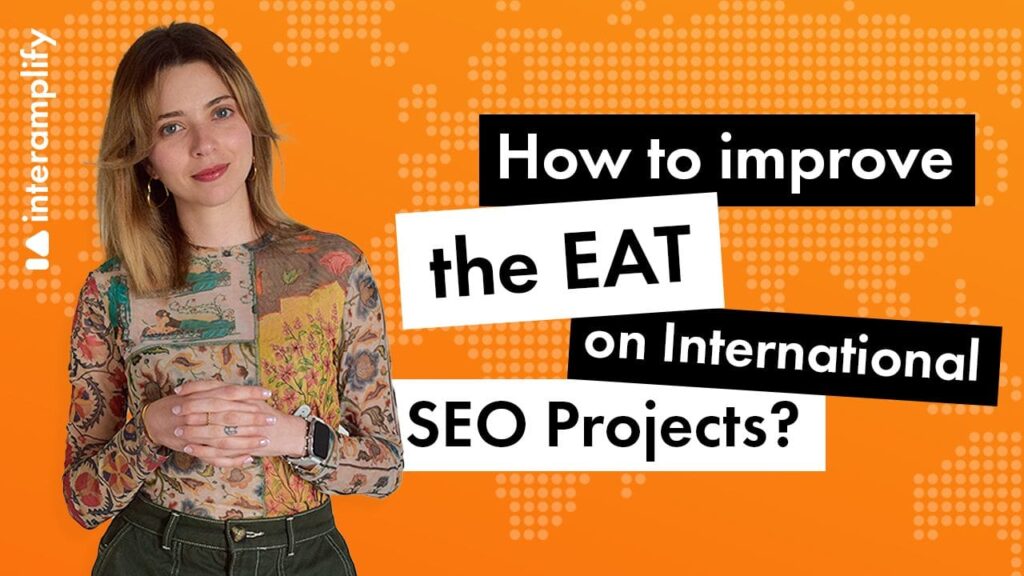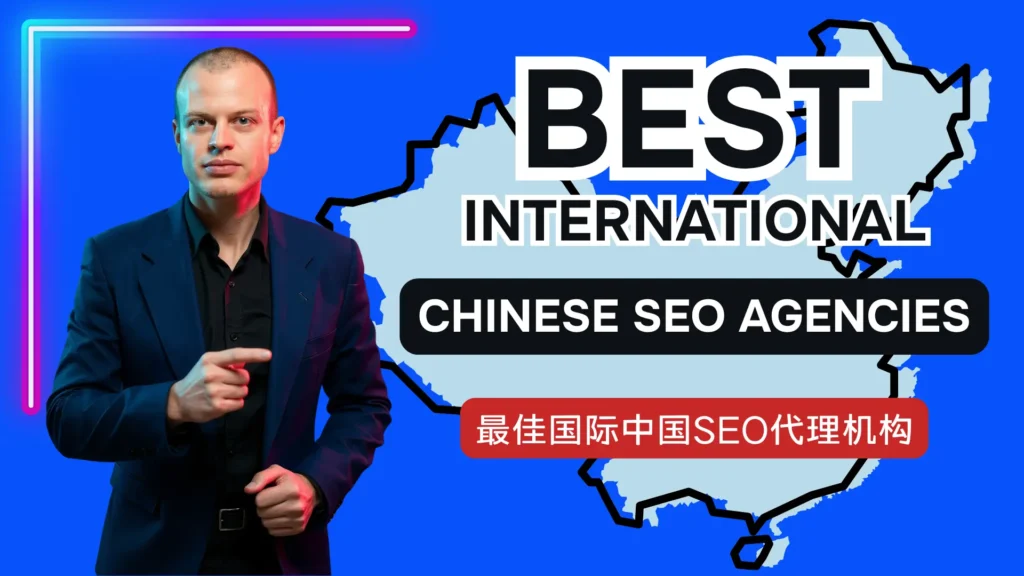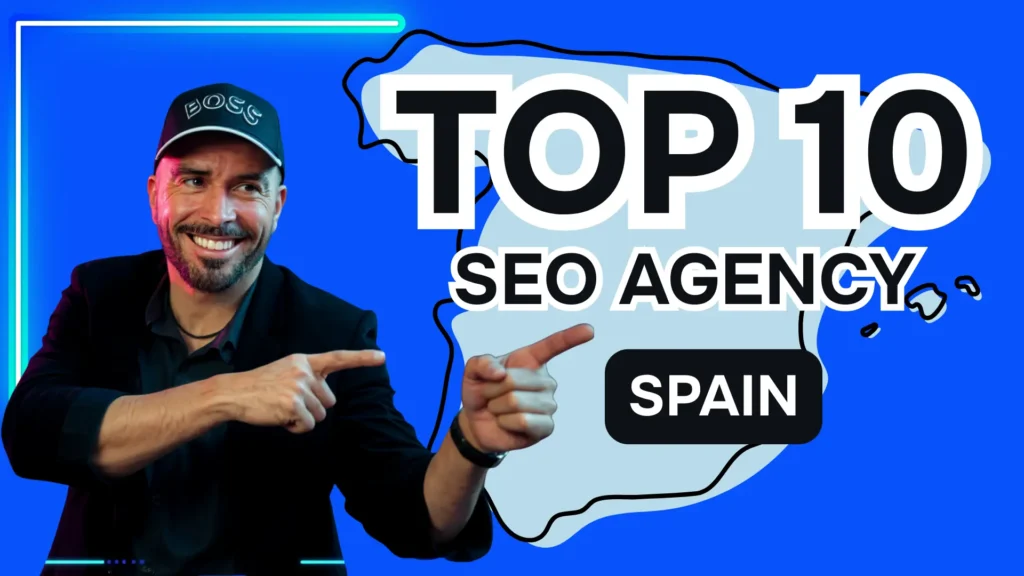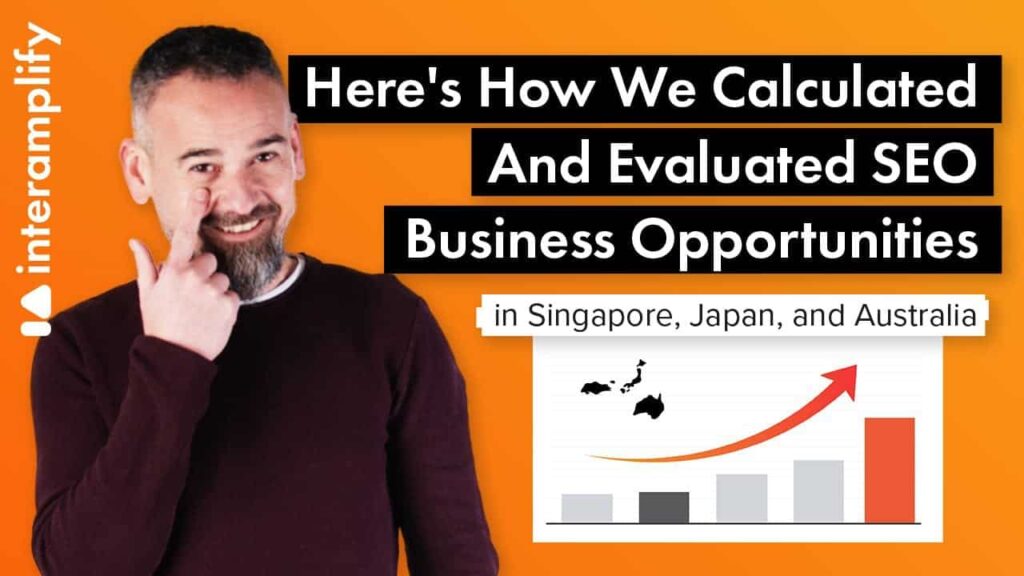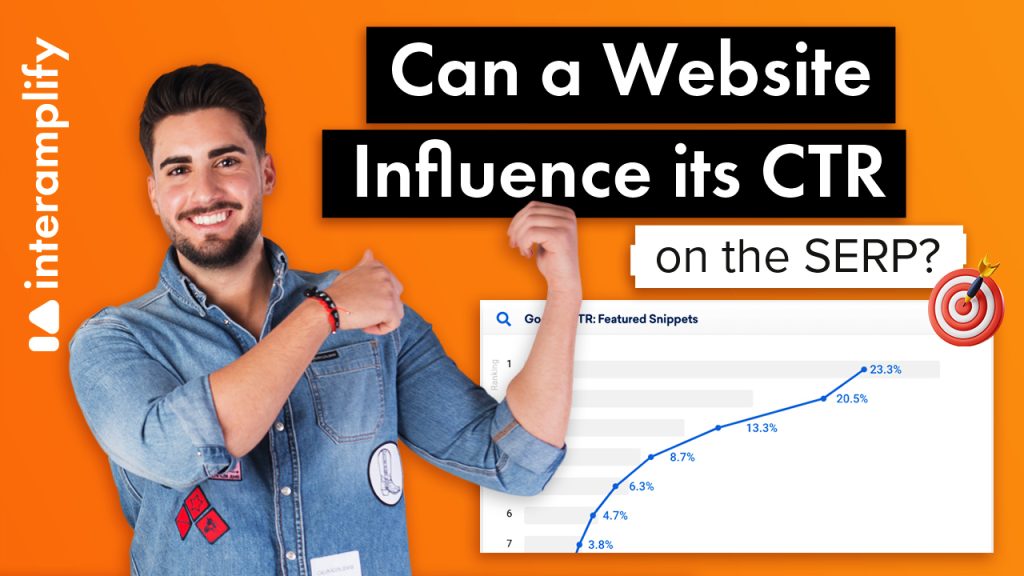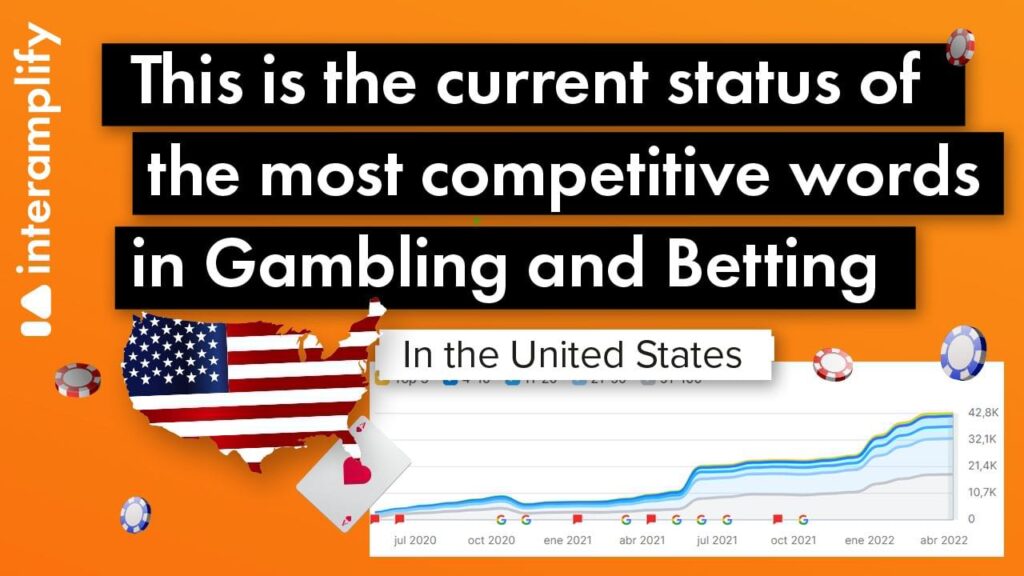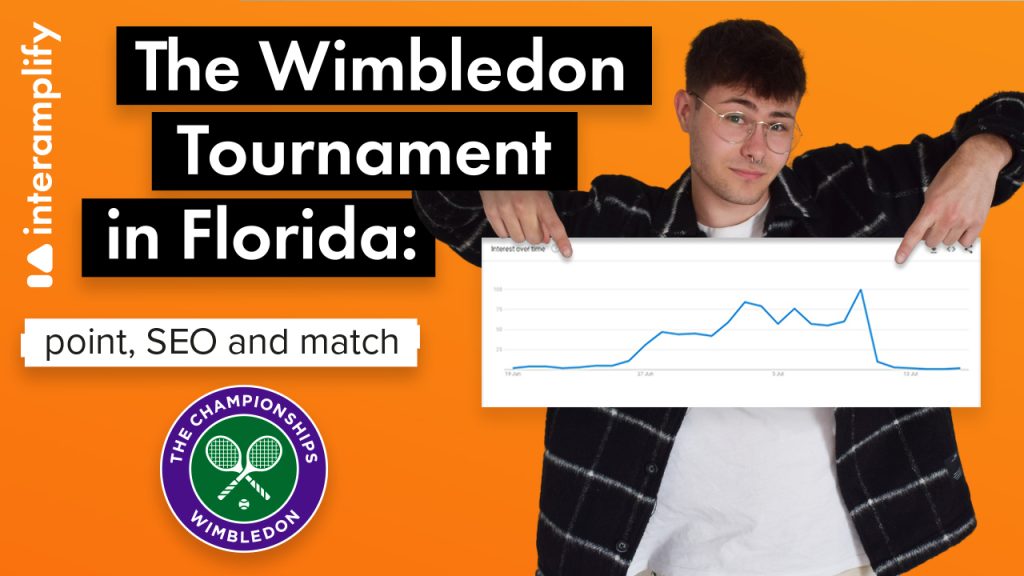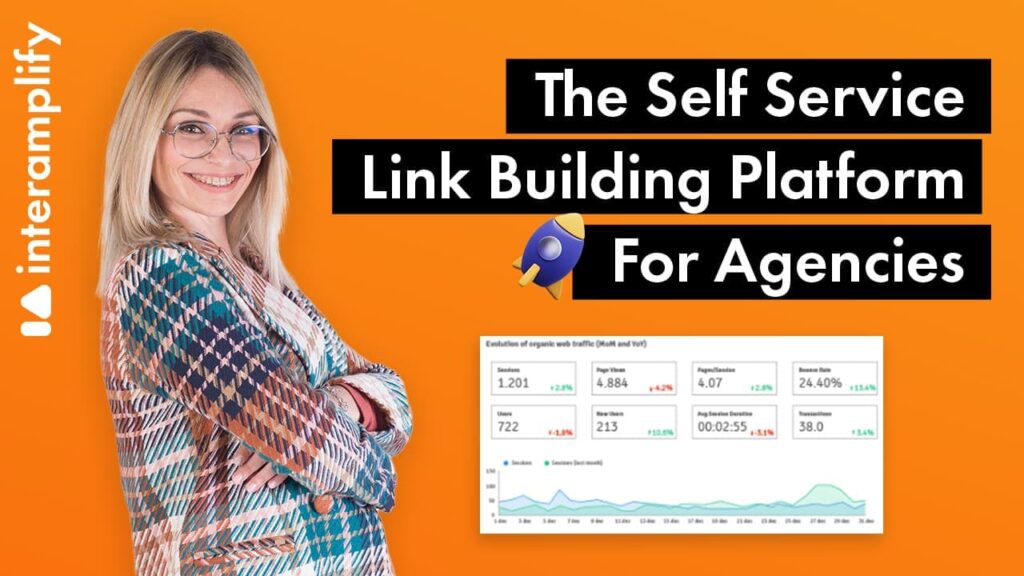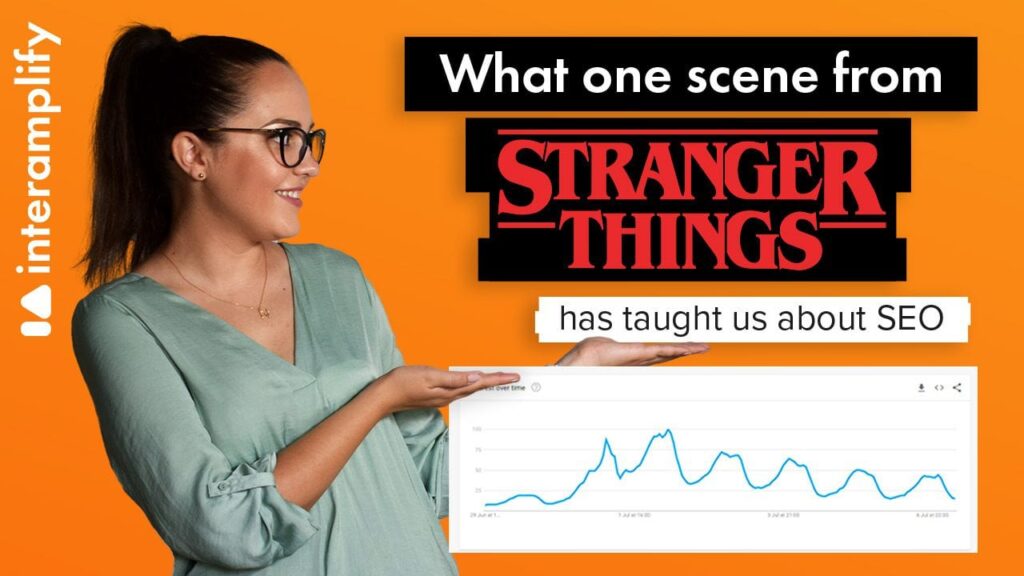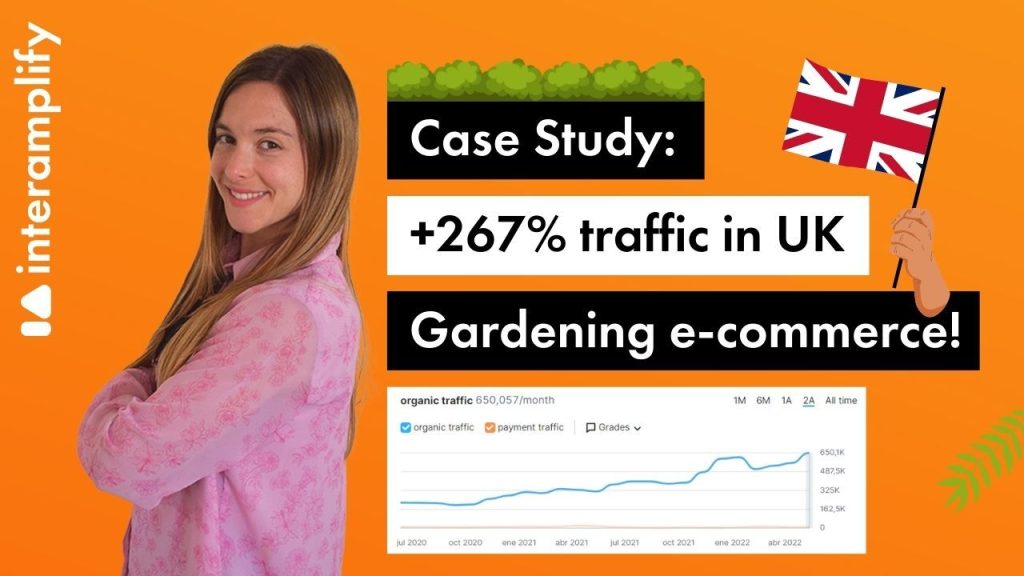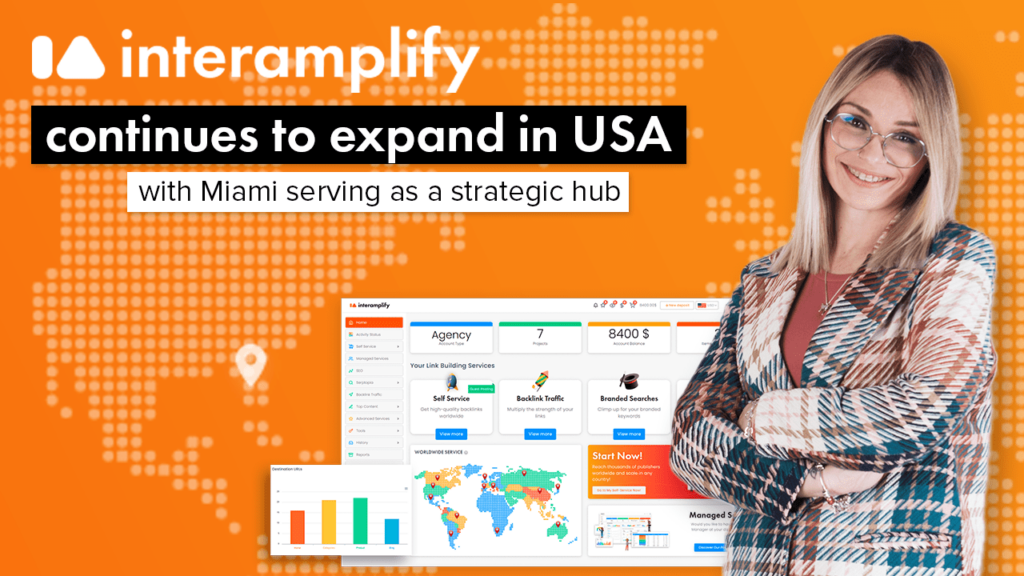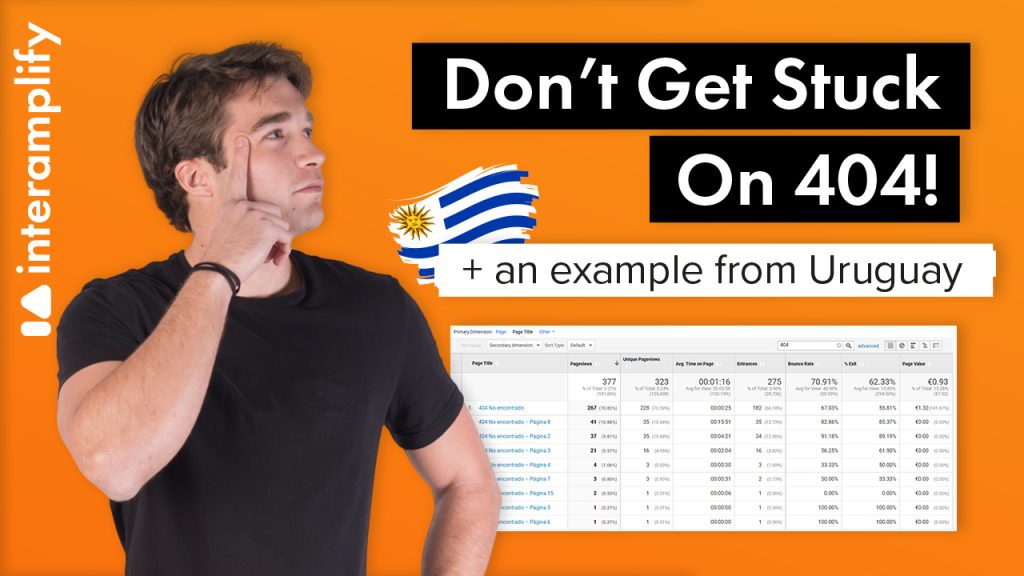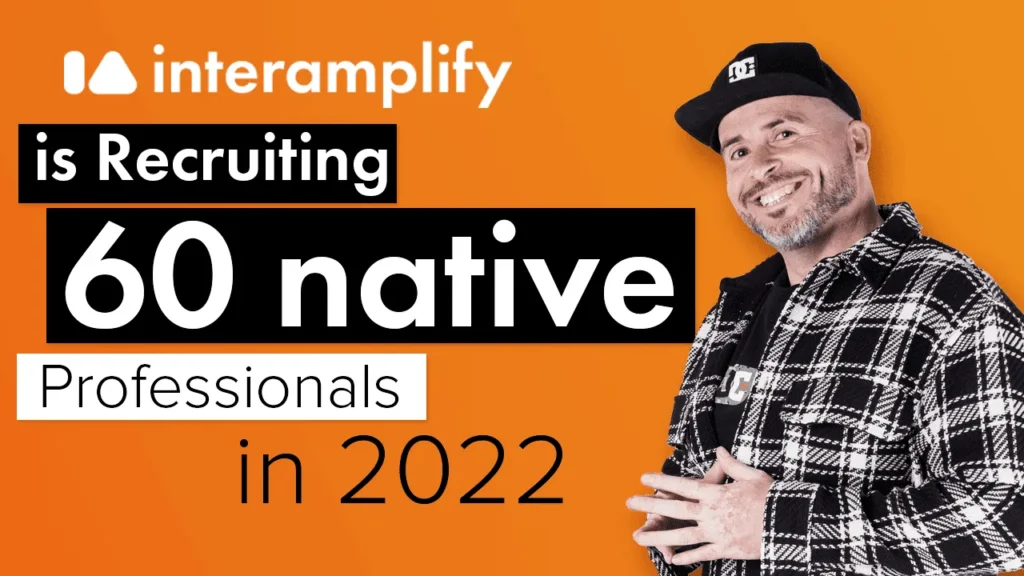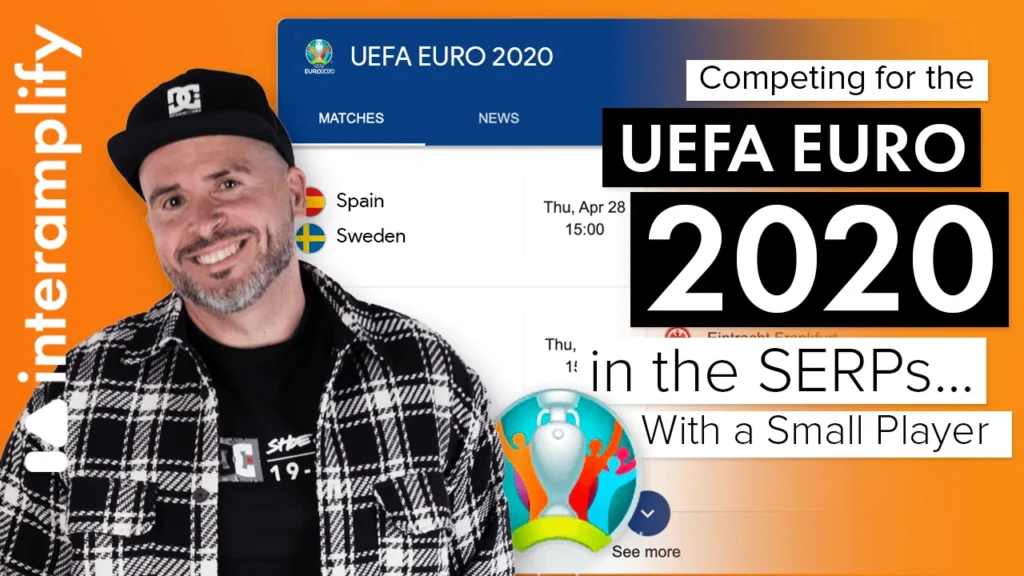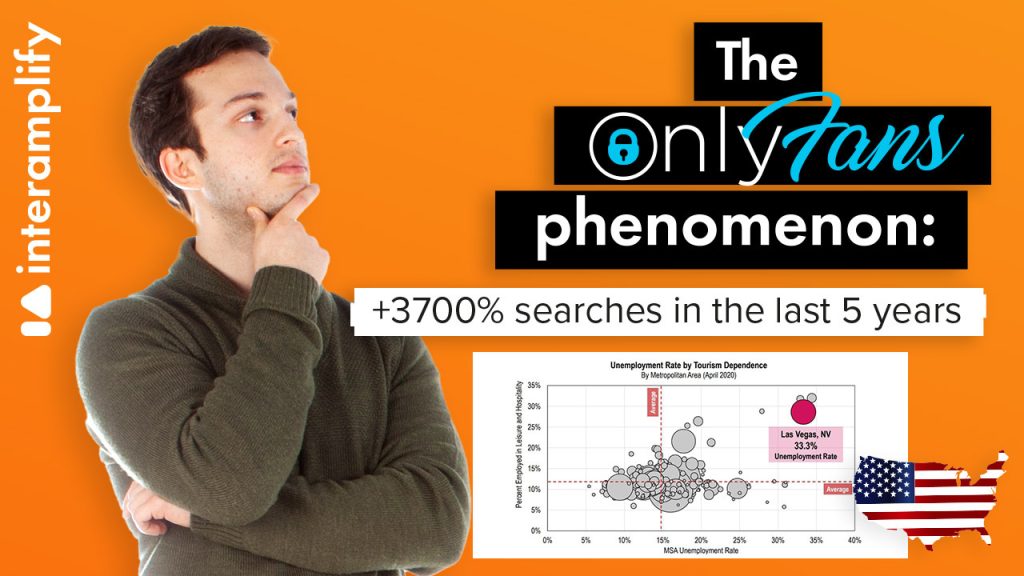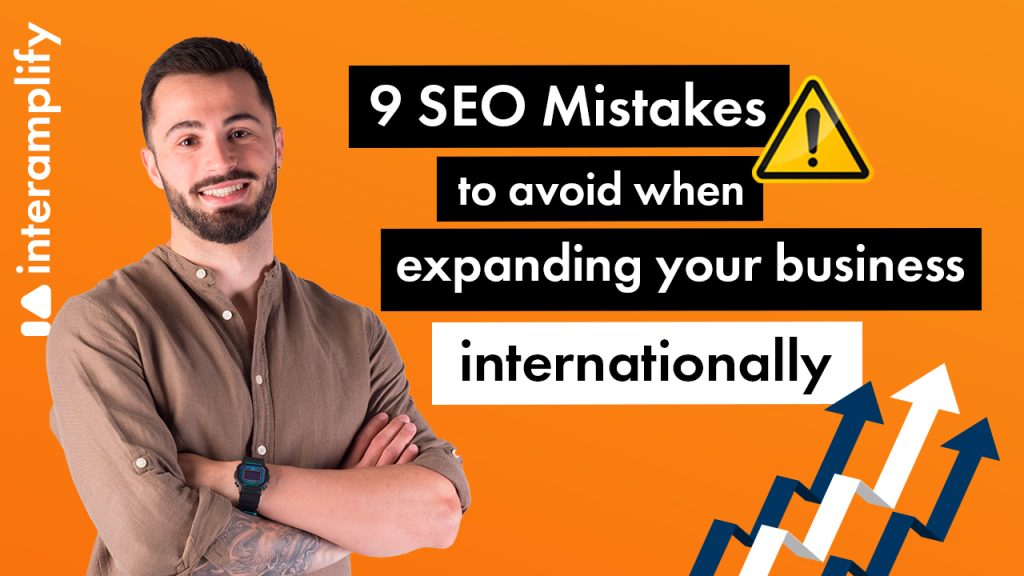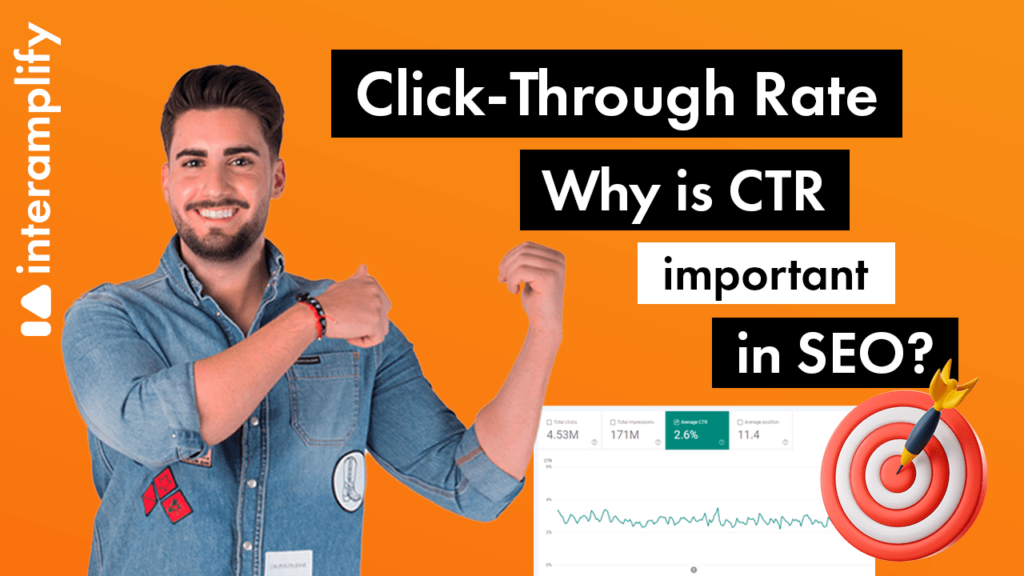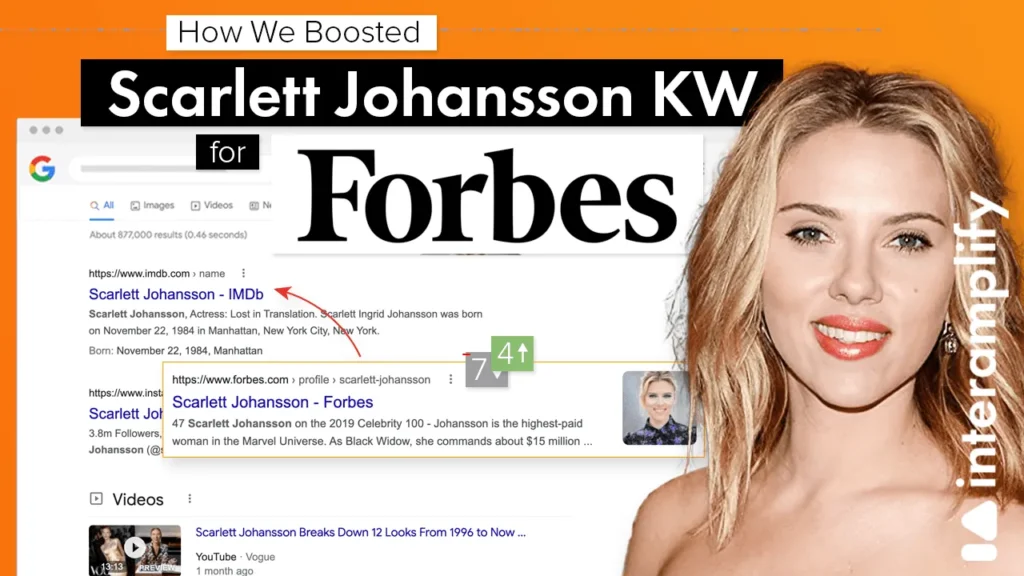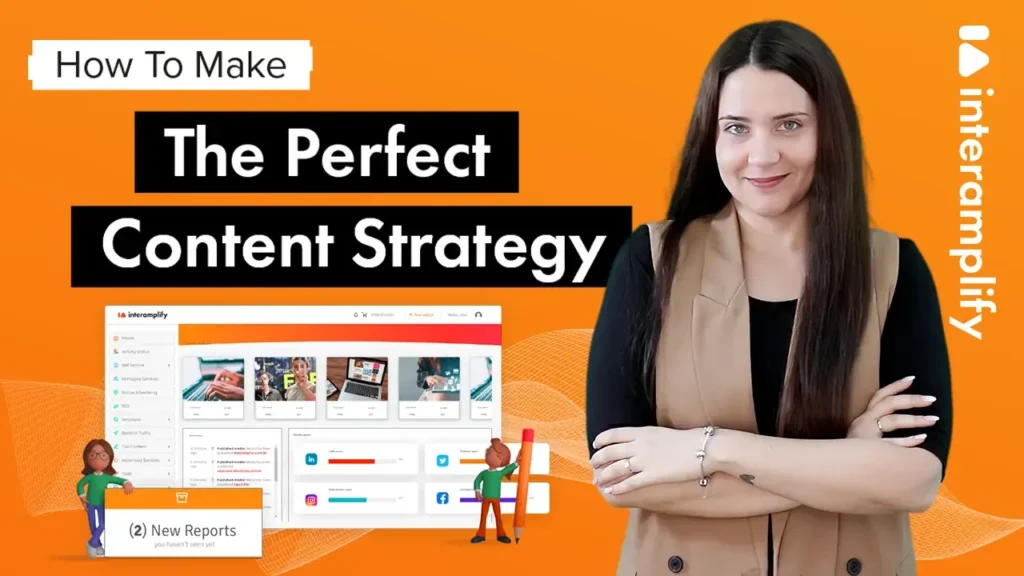The Google Medical Update, an algorithm update that shook the SEO of millions of websites around the world, went unnoticed. After the initial panic among authors subsided, it was time to meet the conditions that Google implemented to score web pages and position them in users’ search results.
The EAT, an acronym for Expertise, Authoritativeness, and Trustworthiness, is one of these requirements that is becoming increasingly important. It measures the degree to which a website responds to the trust that consumers place in it during their visit to the site. Google uses the following criteria for this, which we explain how to improve below.
Expertise, Authoritativeness and Trustworthiness, your allies!
To begin, let us place ourselves in the background. If you want your project to take off in the international market, you should know that publishing content on a specific topic is no longer enough to achieve a good positioning. Now you must show that the information you share on a website or blog is correct, that the site is relevant in that industry, and that the authors back up their knowledge with training or experience.
The struggle to climb the SERP results is all about proving to other users the trustworthiness of your content. In essence, you must be able to make it clear to anyone that what you are offering is trustworthy, and that you have the authority and knowledge to do so.
If you have not addressed any of these issues so far, you will be curious as to how you can do so. Let’s get this party started!
Expertise
The quality, usefulness, and truthfulness of the content you display on your website determine your level of expertise. To put it another way, for a website to rank well, the content must be interesting to visitors, original, truthful, and supported by expert knowledge.
You will need a higher or lower level of expertise in the information you provide depending on the industry in which your website is located. Google considers it necessary for content in certain niches to come from expert voices or qualified professionals.
A portal with medical content, for example, will be more relevant to search engines if it is written by a doctor or specialist with an online reputation.
Google will expect greater subject matter expertise from authors who provide content that has an impact on the user’s economy or health in some way (known as YMYL, “Your Money or Your Life”). Of course, it will reject content from irrelevant or anonymous authors and give more authority to the former.
As a result, always include information about the author of the article, as well as professional data, and avoid using anonymous or orphaned content. See how they do it in Physio Network, an international physiotherapy portal:
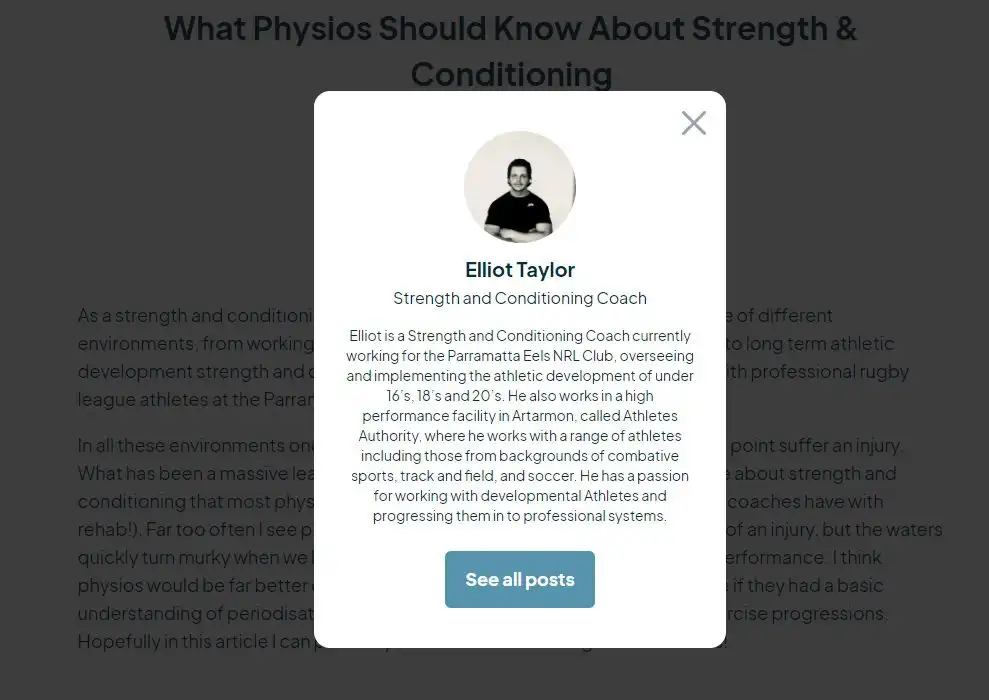
Authoritativeness
For Google to value a website and rank it higher or lower in search results, it must have authority.
This indicator takes several parameters into account, such as reputation or the website’s years on the web, but it improves significantly by implementing a good optimization strategy, particularly by obtaining quality backlinks and where, for example, one of your portal’s main authors is cited.
Google is well-known for rewarding links that lead to a website, but not all of them are equally valuable. Therefore, the authority of each page is determined by the quality of these backlinks.
Obtaining quality links, on the other hand, can be difficult and even result in penalties if done incorrectly. As a result, if you want to achieve international projection, we recommend approaching this task strategically.
To accomplish this, you can use tools that will segment which media or blogs are willing to create content about your products or services and include a link back to your website.
For example, here’s what we did to get links for a recycled plastic packaging project in France that wanted to sell their product to other companies in the EU and UK:
- We investigated which media outlets in Germany, Portugal, Spain, and the United Kingdom could link to our client.
- We segmented on topics relevant to their industry: Economy and Business, News, Nature and Sustainability and Recycling.
- We obtained over 7300 media related to our interests.
- The sites even reached 60 DA, which would give our client more authority.
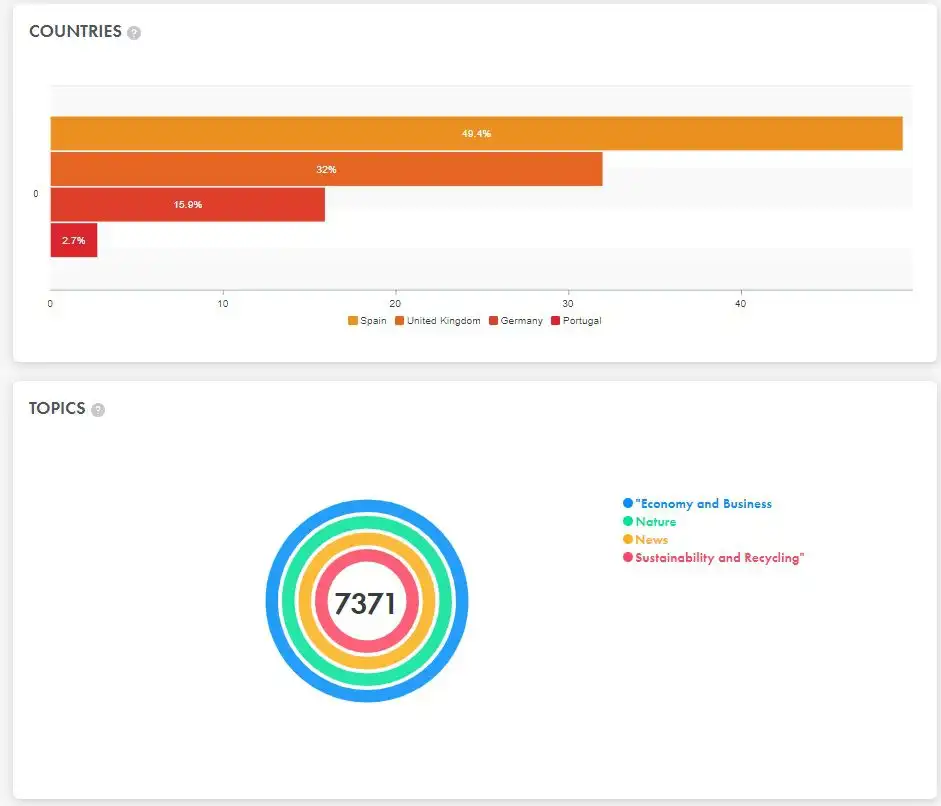
Another factor that Google considers is the structure of web content, which is essential to achieving high levels of authority. Take advantage of the clustered distribution of content to aid user and Google navigation.
Learn all you need to know about clusters
Trustworthiness
The trustworthiness of your website is determined by whether or not your content is trustworthy. It is not about the veracity of the information in this case, but about the security you provide in certain processes. For example, data processing or customer service.
The https protocol is one of the first things that catch our attention as consumers, and its absence results in page rejection and abandonment.
However, there are other aspects to consider in order to provide security, such as a visible privacy policy or a customer service section with details (contact emails, phone number, location) that prove your existence.
Keep in mind that consumer purchasing decisions are influenced by reviews. Don’t ignore your Google My Business listing; include all relevant information about your company and encourage customers to leave reviews.
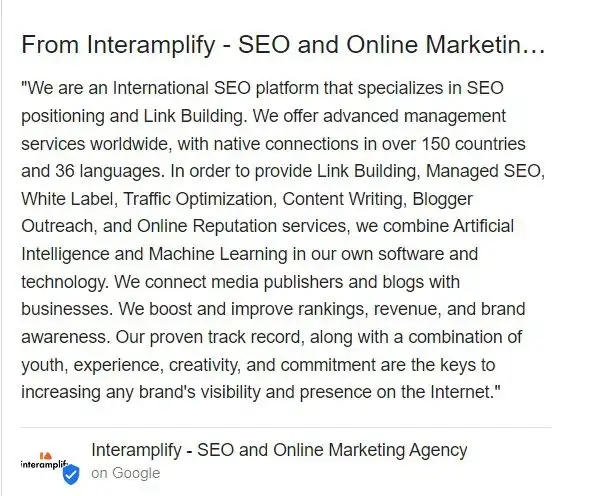
How to improve your Website’s EAT
In short, to get Google to recognise your efforts to improve the EAT of your page, you can perform all the actions that demonstrate that a user can trust you and your content.
This is a list of the ones we have mentioned and we do at Interamplify for our clients:
- We conduct an audit of the website to determine the initial situation and the errors that must be corrected.
- We display credentials demonstrating experience in the field.
- We write content in collaboration with native and specialized editors.
- In blog or news content, we do not use generic or anonymous profiles.
- We recommend creating authors with name, position, description of their career and even an image.
- We keep the content updated when changes occur (new laws, procedures, techniques…).
- We create a contact page as complete as possible.
- With our free Self Service platform, we achieve quality links and make it simple for any user to submit their own queries.
- Using a good cluster structure, we clearly define the relationship between the homepage, subpages, and individual entries.
- We advise the client to obtain SSL certificates, secure payment platforms and https protocol in the domain.
- One aspect that provides security to the consumer is the availability of various payment methods, such as e-wallets, cards, transfers, and so on, so that they can select the option with which they are most comfortable.
- We link content internally so that pages with more authority delegate some of their authority to weaker pages.
- We use clusters to structure website content so that Google understands the semantics and subject matter and knows how to display them in the results.
- We optimize the Google My Business listing.
We can help you get it done! Shoot us an email and an SEO expert will contact you.

